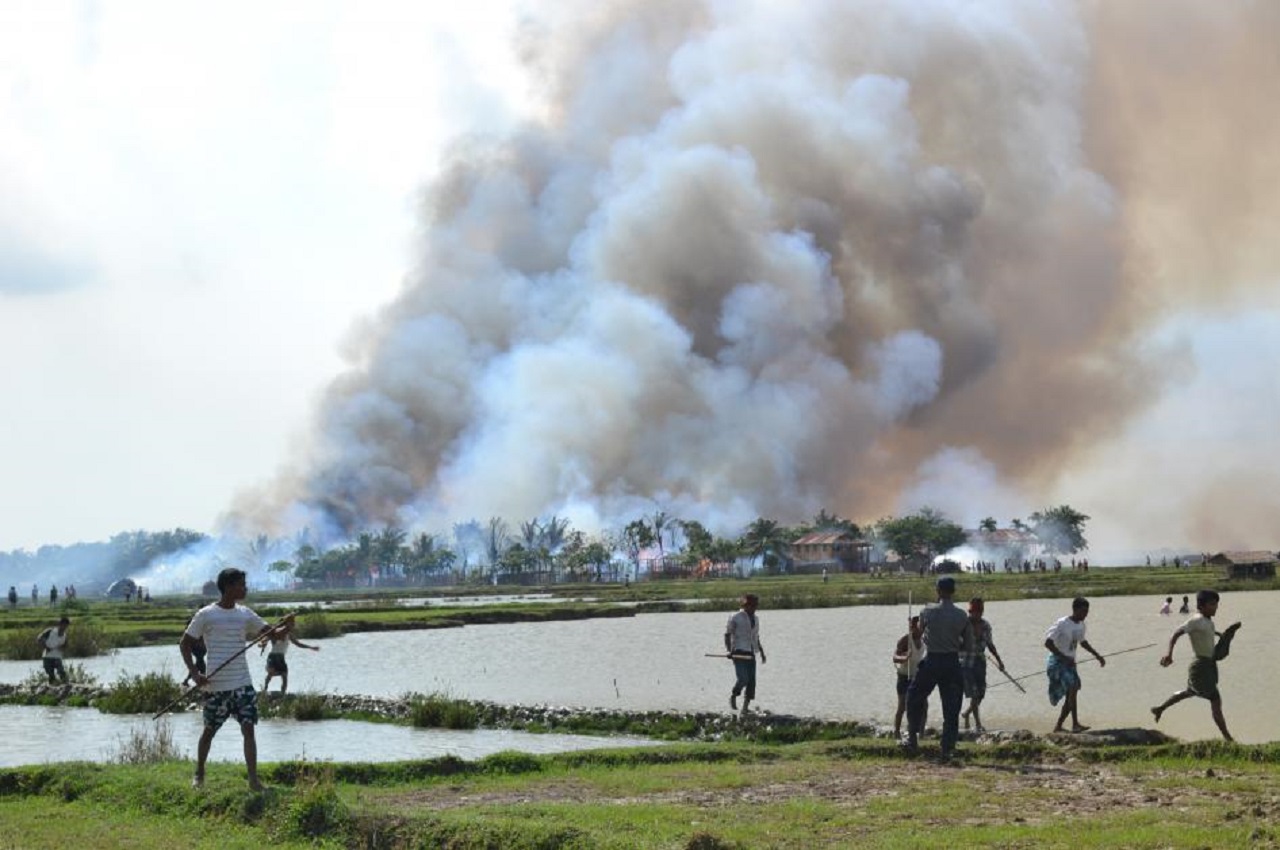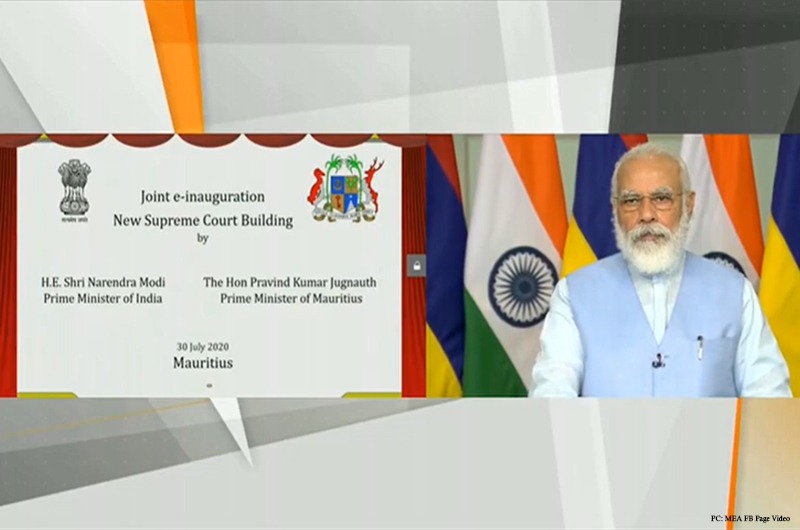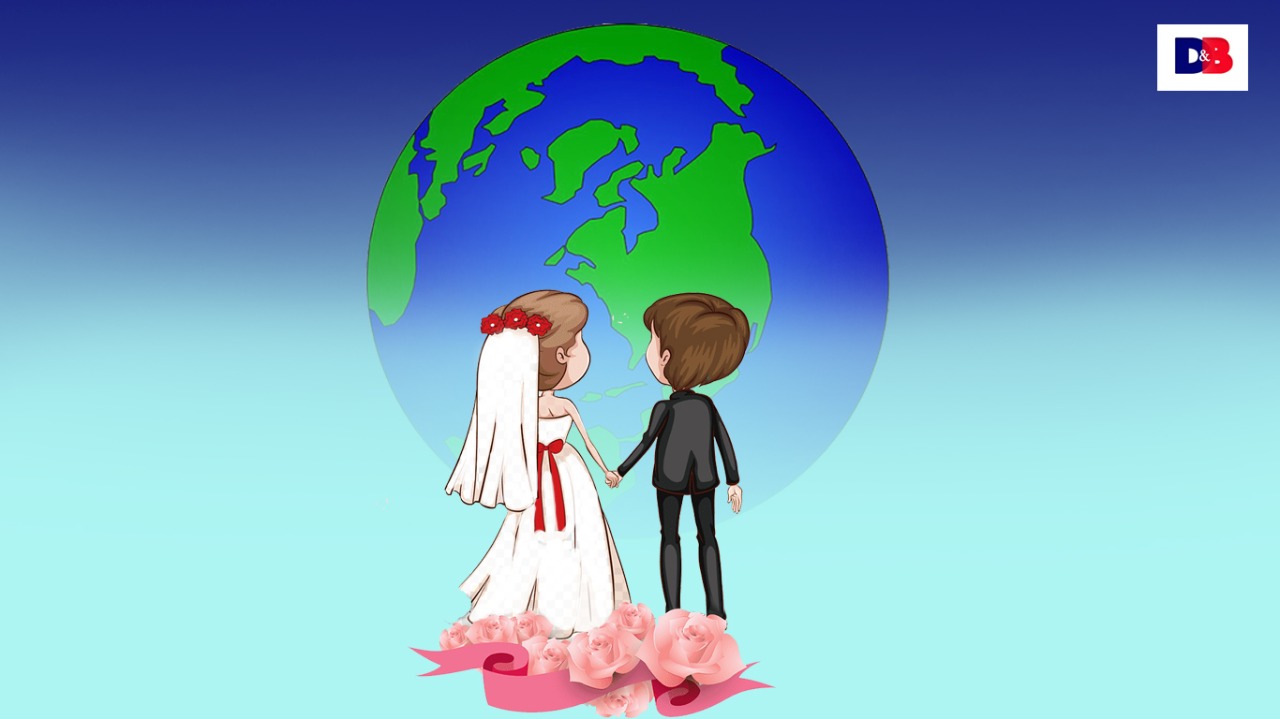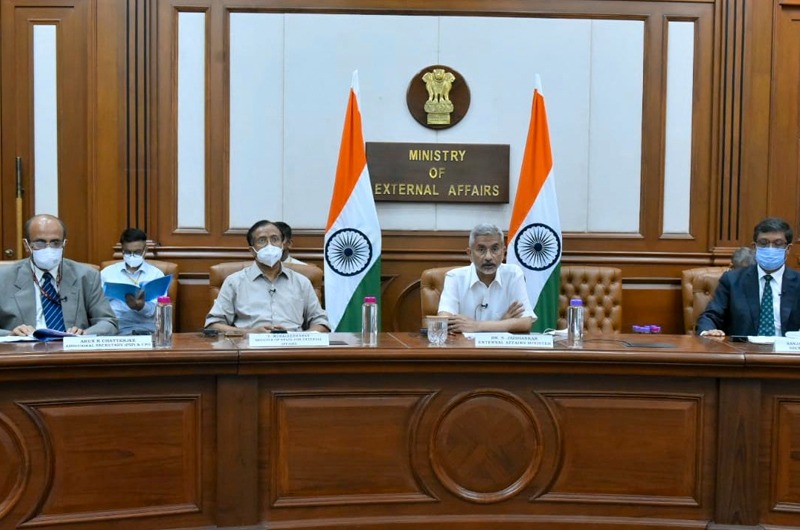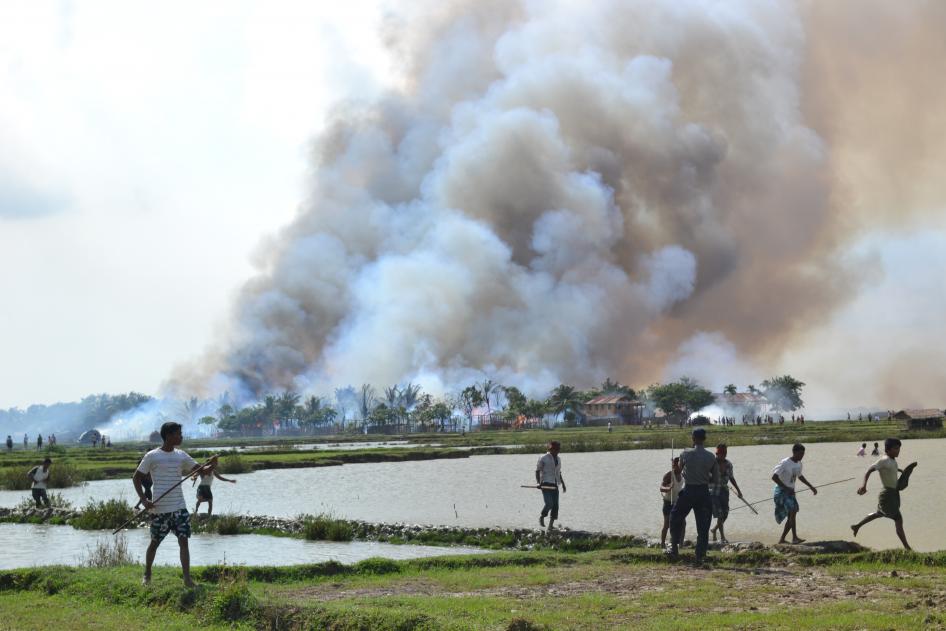
India has strongly rejected the criticism by the UN human rights chief over its handling of Rohingyas, human rights situations in Jammu and Kashmir and observation relating to the killing of journalist Gauri Lankesh.
Angered by criticism, India accused the High Commissioner Zeid Raad Al Hussein of passing “tendentious judgments made on the basis of selective and inaccurate reports.”
“India is proud of its independent judiciary, freedom of press, vibrant civil society and respect for rule of law and human rights. A more informed view would have not only recognized this but also noted, for example, that the Prime Minister himself publicly condemned violence in the name of cow protection,” said India’s Permanent Representative to the UN in Geneva Rajiv Chander.
“We are baffled at some of the observations made by the High Commissioner in his oral update. There appears to be inadequate appreciation of the freedoms and rights that are guaranteed and practiced daily in a vibrant democracy that has been built under challenging conditions,” Ambassador Rajiv K Chander said.
Chander, India’s Permanent Representative to the UN, Geneva, made the statement in response to Hussein’s comments.
Like many other nations, India is concerned about illegal migrants, in particular, with the possibility that they could pose security challenges, he said, adding that enforcing the laws should not be mistaken for lack of compassion.
On the issue of human rights violations in Jammu and Kashmir raised by the UN Human Rights Chief in the written reports, India said the assessments overlooked “the central role of terrorism” there.
“Our Government’s motto of ‘Sabka Saath, Sabka Vikas’ that is All Together and Development for All, is a true reflection of our commitment to achieve inclusive development in the spirit of leaving none of our citizens behind,” Chander added.
Some 40,000 Rohingyas have settled in India, and 16,000 of them have received refugee documentation, the UN estimates.

